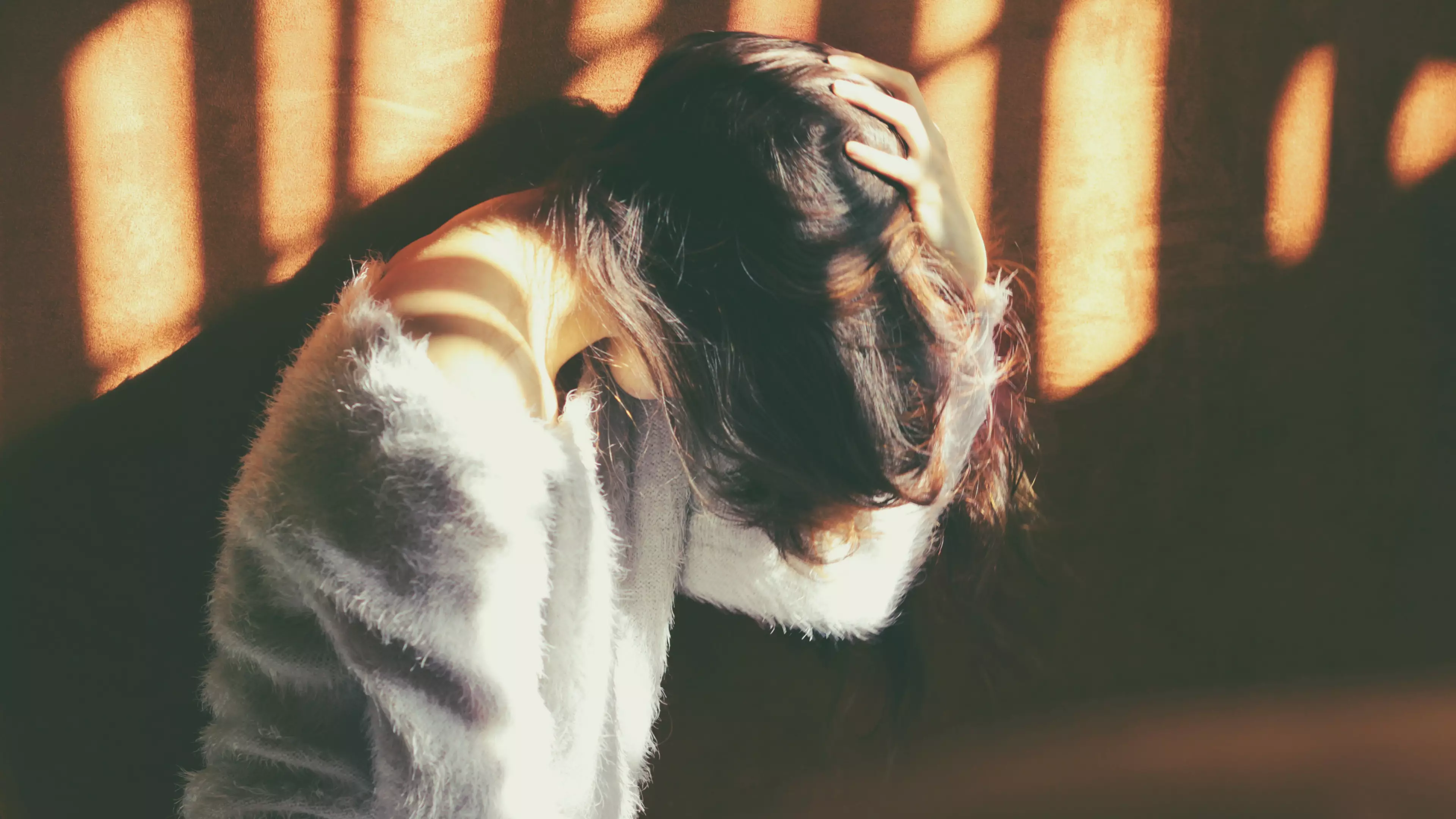
'Hangxiety', 'beer fear': whatever you call it you're probably familiar with it. The feeling of overwhelming guilt, stress and worry you experience the morning after a heavy night of drinking - especially that you might have said or done something wrong.
A scientific study from University College London has revealed that shy people are most at risk of the fear - and the shier you are the worse it can be.
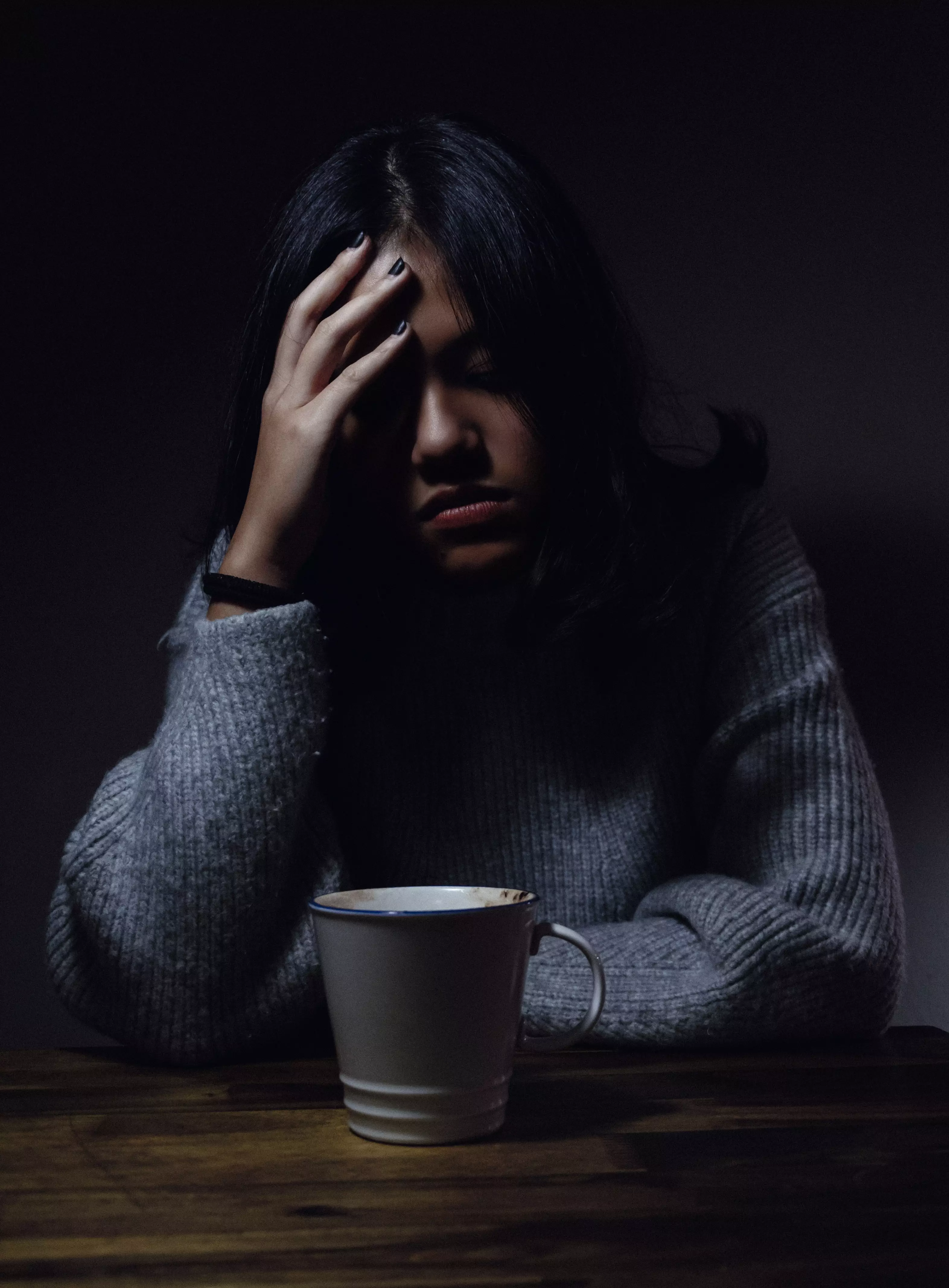
Research assistant in the Department of Clinical, Educational, and Health Psychology at UCL, Beth Marsh, conducted a study of 97 people. She noted the volunteers' shyness and social-phobia levels and asked some of them to drink and others to remain sober.
Advert
The morning after quaffing a few drinks, they compared the volunteers' anxiety levels with a hangover to their previously-measured baseline anxiety levels and found that those who identified as shy were more likely to feel the fear.
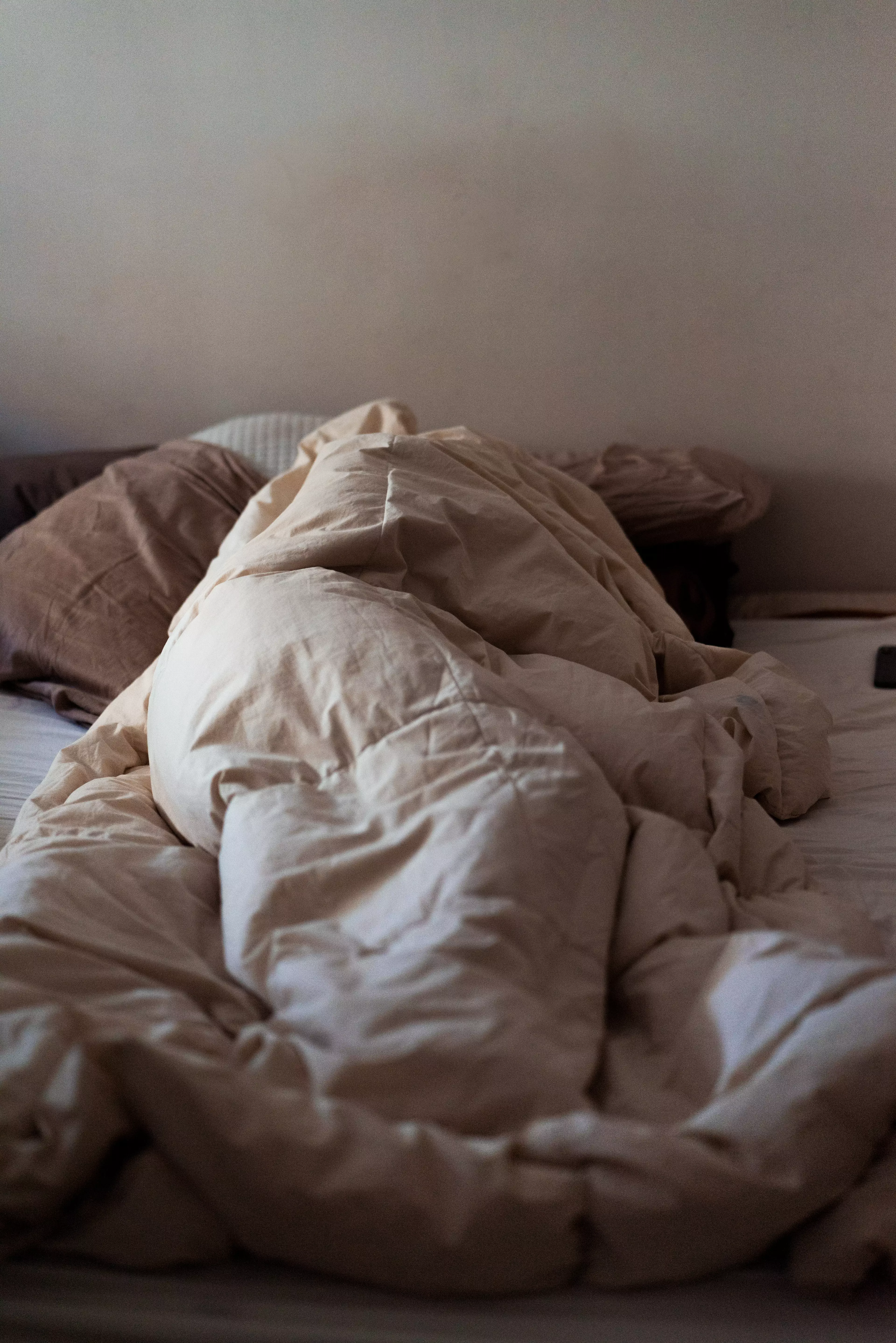
Marsh wrote in the study: "A significant increase in anxiety the day following drinking was observed in highly-shy participants."
What's more worrying is that the study's findings also suggest that shy people were more likely to develop a drinking problem and misuse alcohol.
Advert
The reason why has not been determined by the study but it's most likely because alcohol acts as a social lubricant for those who suffer from social anxiety that they can't cope without.
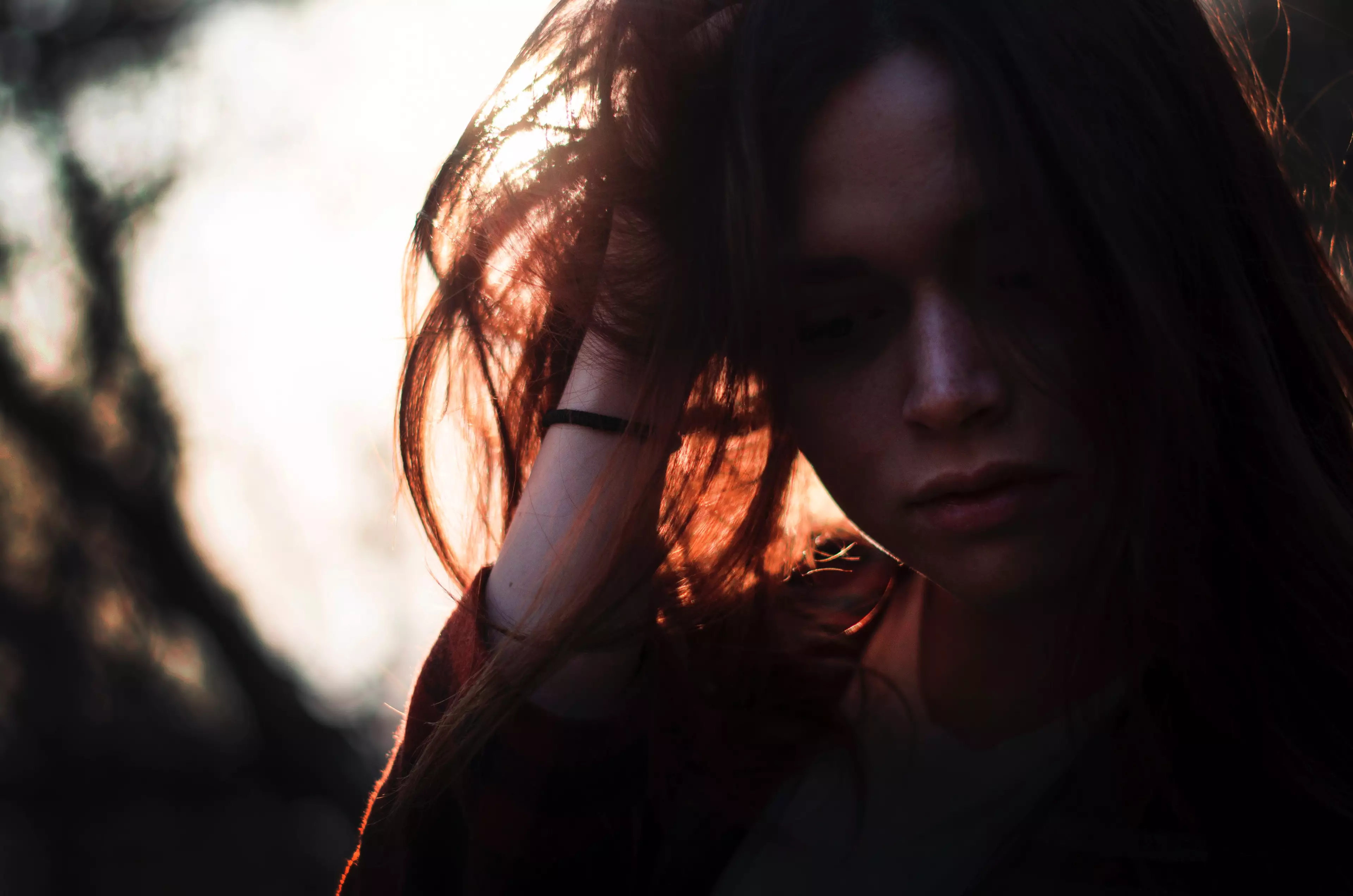
Alcohol misuse is defined as regularly drinking more than the recommended amount. The recommended amount according to NHS guidelines is no more than 14 units of alcohol per week. That's six pints of beer or six medium glasses of wine.
It's no secret that in the short- and immediate-term alcohol boosts confidence and helps you relax.
Advert
But ultimately, in the long-term, alcohol is a depressant, which is why in the morning, when blood-alcohol levels decline, it can leave you feeling low, anxious and exhausted.
As your body processes the alcohol in your system you actually begin to experience the same withdrawal symptoms as someone with a drinking problem, such as depression and anxiety, according to Drink Aware.
Some people don't notice the feelings of worry but it can become crippling if you already suffer from a mental illness.
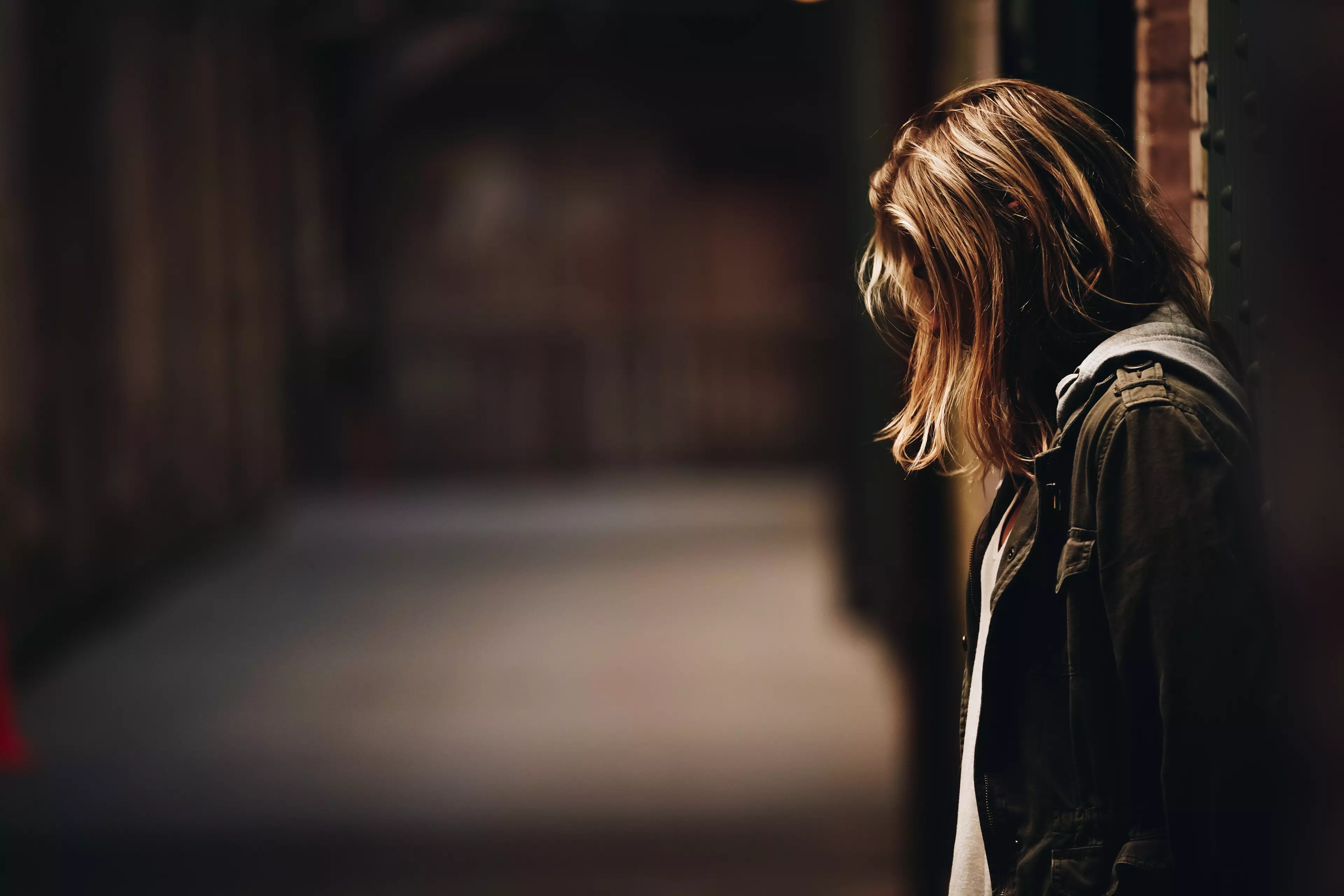
So how can you manage hangxiety without it becoming an issue?
Advert
Study co-author Celia Morgan, a professor of psychopharmacology at the University of Exeter advised that accepting your shyness was one step could help in preventing an addiction: "[W]hile statistics show that, overall, people are drinking less, those with lower levels of health and well-being - perhaps including people experiencing anxiety - are still often doing so."
"It's about accepting being shy or an introvert. This might help transition people away from heavy alcohol use. It's a positive trait. It's OK to be quiet."
Featured Image Credit: Unsplash/carolinahezaTopics: Life News, You, Life, Fitness, advice, Healthy, Life News, You, Life, Fitness, advice, Healthy